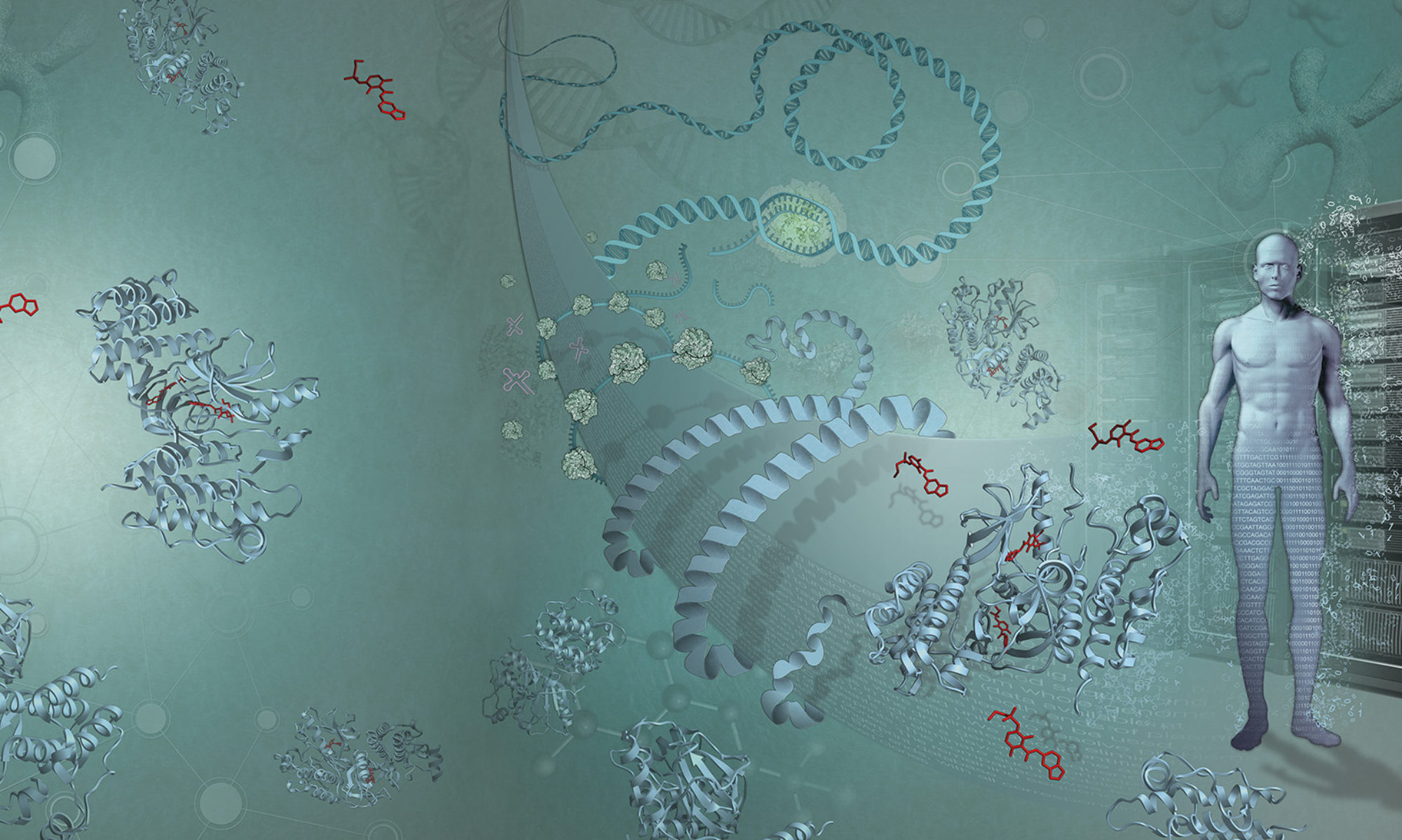Yesterday saw the switch of “UKPMC” (UK PubMed Central) to “Europe PMC” (Europe PubMed Central). This is mainly cosmetic at the moment (branding, look and feel, etc), but is the start of the real blossoming of literature services in Europe and at the EBI; get ready for lots more changes in 2013 and 2014.
Just a quick bit of history for people who are not totally au fait with all things literature; Abstracts of published articles have been collected by a number of groups for some time, in particular the National Library of Medicine in the US, who distributed them pre-internet age on a variety of media – (I remember a great CD loader system when I was a young kid just getting into bioinformatics with a sort clunky minature robot thing. You wanted to do corpus wide searches just to see the robot in action). This was called “MEDLINE”, and the internet-accessible MEDLINE was called “PubMed”, run by NCBI (NCBI is part of NLM). At the end of the 90s and start of this century there was a concerted push by a number of people for full text open access publishing, and the NCBI set up “PubMed Central”, abbreviated PMC. This has been running now for about 12 years, with a healthy number of journals either open access or offering the ability for per-article open access. A key part was an NIH mandate to deposit articles in PMC, either via journal or via author submission. There are complications in this (for example, there is a distinction between ‘free to read’ access and ‘free to read and reuse’ open access), but compared to a decade ago there has been a remarkable change, and I am sure this will continue.
Around 5 years ago as the EBI matured we decided to put more emphasis into Literature services, and we were lucky to recruit Jo McEntyre. There was also a similar move in a number of (at the time) UK funding agencies to mandate article submission to PubMed Central. As part of this, the funding agencies knew that they also had to invest in the infrastructure, resulting in the development of UKPMC, a joint venture between the British Library, University of Manchester and the EBI, with the project being led by the EBI since 2011. UKPMC is synchronized with PMC (ie, all PMC articles are visible in Europe PMC, and visa versa, like the DNA archives).
With the joining of the ERC as the third non-UK European funder requiring submission of full text, calling this UKPMC was increasingly out of date. Europe has always had a large group of text miners and people involved in the publishing world (BioMedCentral/Springer for example, as well as the big publishing houses, such as Elsevier and Macmillan – and of course there are mixed views about publishing models which I won’t go into on this blog), and so there is a lot of expertise and knowledge to leverage across Europe on literature – as well as continuing to work with colleagues in the US and further afield, such as China and Japan.
Europe PMC has sensibly decided not to make an artificial distinction between abstracts (old-style MEDLINE) and full text in Europe PMC, and so the previous EBI abstract service (CiteXplore) has been merged with full text into one web portal – www.europepmc.org – so the single web site allows you to search all literature that Europe PMC has access to (including PubMed abstracts). We’ve also taken advantage of Deitrich Rebholz-Schuhmann’s great “WhatIzIt” framework for text recognition of genes/proteins, chemicals, diseases, accession numbers, organisms, and GO terms, allowing better linkage with the “factual” databases in the EBI. Europe PMC already has a very effective web service that allows for on-demand expansions of literature information, which a number of other groups are using.
But it wont stop here – Jo works with other collaborators in Europe (such as the Swiss Institute for Bioinformatics, the European Patent Office and OpenAIRE Plus); there is likely to be even more blurring of the lines between “traditional” publishing, full text archiving and databases (indeed, we held a very successful workshop on campus on this topic just recently). I am looking forward to a steady increase of useful features coming into Europe PMC, both on the website and in terms of other services.
You can follow EuropePMC progress on its blog (http://blog.europepmc.org/) and twitter (@EuropePMC_news)
And congratulations to Jo and the team on a great looking, useful web site. Bookmark it now!
